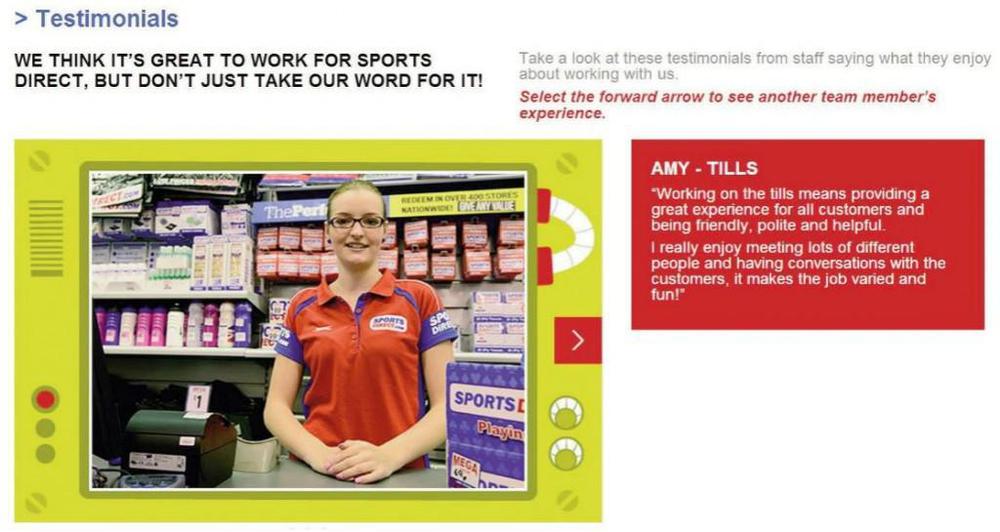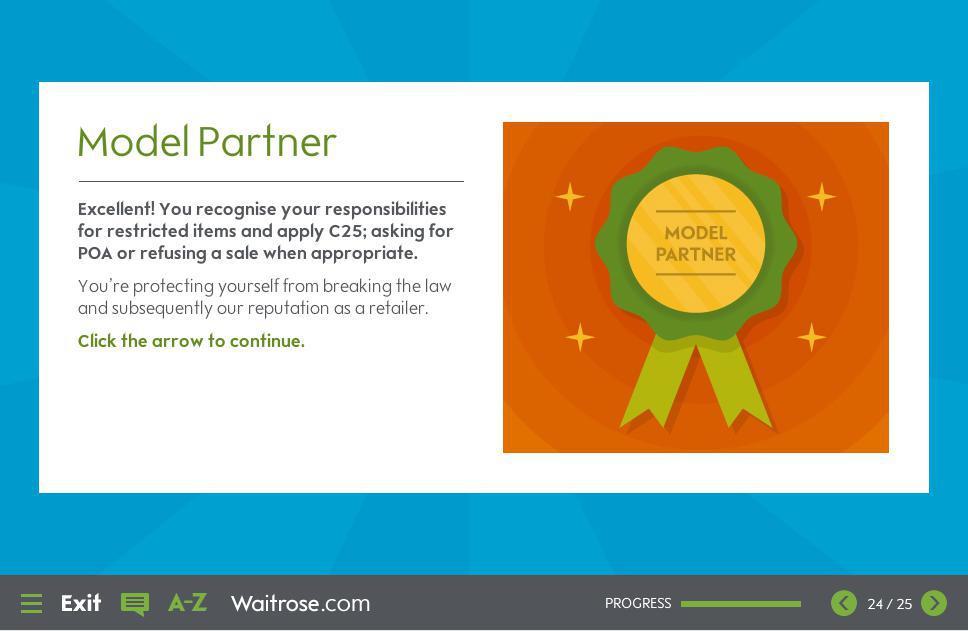Retailers are among the most innovative when it comes to elearning, but what can they teach the National Health Service (NHS) about harnessing learning technologies?
Despite the obvious differences, there are common challenges and some of the elearning practices being used in the retail sector could help deliver change for the health service.
Retail is leading the way in the use of custom elearning to deliver tangible business benefits. According to the Towards Maturity Retail Sector Benchmark Report, retailers score much better than the private sector for the impact their elearning has on learners. They are using it to cut costs, increase productivity, improve quality, enhance customer service and retain good staff. The way they do this could offer lessons for NHS trusts grappling with similar challenges.
Here are some retail innovations that could work equally well for the NHS and other healthcare providers:
- Just-in-time
Just-in-time elearning allows employees to access training at the moment they need it most. Within retail this can work well to help sales staff stay on top of information in a rapidly changing environment, for example getting to grips with new product lines. It can help knowledge retention rates because there is only a small gap between learning and doing. To be effective, just-in-time elearning needs to short and focused; a lengthy module would defeat the object of in the moment training. It’s a strategy that could benefit NHS staff who need to refresh their training frequently or keep up to date with changes.
- Pre-induction
Also called pre-boarding, this is the practice of providing part of an induction training programme BEFORE new employees start work. For retailers, this strategy cuts down on the time it takes for new recruits to get up to speed and helps them feel more prepared for their new role. Research suggests that companies with pre-induction are 11% more likely to retain staff in their first year than businesses without pre-induction. Elearning is ideal way to deliver pre-induction training because it can be accessed remotely and completed using a variety of devices. With recruitment and retention problems in certain healthcare roles, pre-induction may be worth considering for some areas of the NHS.
Sports Direct - Pre-induction
New starters with the high street and online retailer must complete the initial section of the induction elearning so they are familiar with the company in advance of their first day at work.

- Bring Your Own Device
Around 80% of retailers are using some form of mobile learning to overcome problems with IT access for learners. The most innovative companies in the sector are experimenting with a Bring Your Own Device (BYOD) policy that allows employees to complete elearning on their own laptop, tablet or smartphone. This creates maximum flexibility for staff to learn using familiar technology and helps overcome issues around device access. It’s a particularly helpful strategy where employees are not office-based whether that’s on the shop floor or in a warehouse. Similarly, BYOD may be a solution for health service workers who are based in the community.
- Games
Elearning games are being used by some retailers to address specific business issues through spaced practice learning – helping employees absorb what they need to know through replaying a learning game regularly. Games are also a way of motivating staff to complete a module. For an organisation such as the NHS where there is a great deal of mandatory training, elearning games can contribute to a compliant workplace by boosting engagement levels.
Waitrose - Games
The leading supermarket chain has included an elearning game challenge to help staff learn the rules around selling age restricted items.

Find out more about the game approach developed for Waitrose by Sponge.
Because Sponge has more than ten years’ experience working with large retailers as well as NHS trusts across the country, we’re uniquely placed to help organisations learn from each other and share the best elearning practices.
Get in touch for some new ideas before you start your next elearning project.
